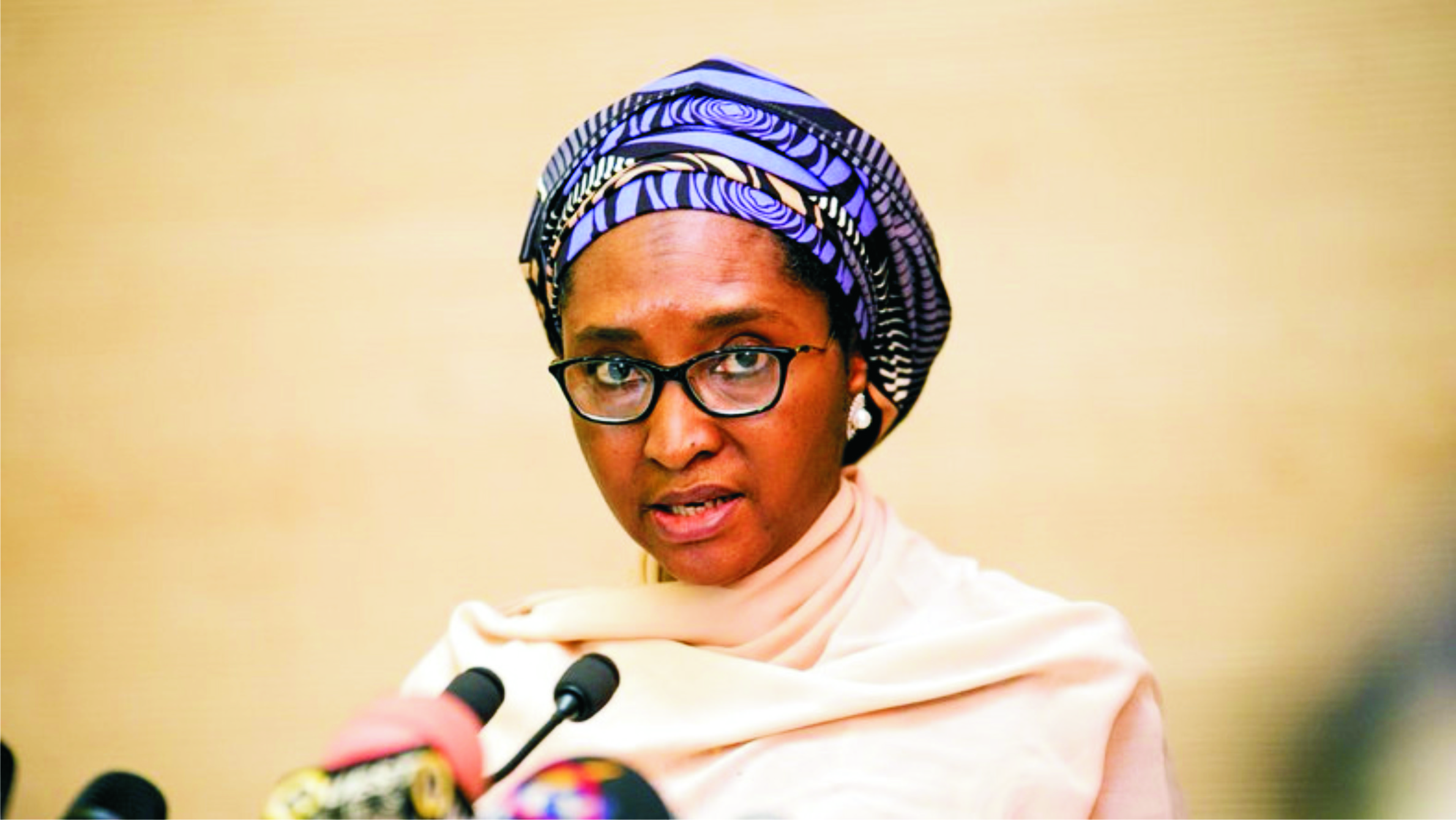Business
Stabilisation Fund Drops To $210m After FG Withdrew $150m

The Nigeria Sovereign Investment Authority (NSIA), says the balance in the nation’s Stabilisation Fund will drop to $201 million once the $150 million requested by the Federal Government is released to it to support the economy .
NSIA, in a statement said the government, through the Finance Minister, Mrs Zainab Ahmed, had powers to get a slice of the money on request.
Ahmed had at a media briefing recently indicated government’s plan to withdraw $150 million to cushion the negative impact of oil price decline on the federation account.
She noted that the free fall of crude oil at the international market had hammered government revenue and drastically reduced the monthly allocation to the three tiers of government.
The NSIA in the statement threw its weight behind the government’s decision, adding that the move was consistent with the founding objectives of the Fund.
Speaking on the withdrawal, the NSIA Managing Director, Uche Orji, was quoted in the statement to have said that, beyond the withdrawal, the agency was exploring other avenues to support the country through various social investment initiatives.
He said: “The withdrawal reduces the value of funds under management in the Stabilisation Fund to $201 million from $351 million as at December, 31 2019.
“The $351 million is comprised of core contributions of US$300 million; and US$51 million of returns earned.
“NSIA (Establishment etc.) Act 2011 is clear on our role. The NSIA is in part, to serve as a stabilisation mechanism for the country through the Stabilisation Fund.
“Beyond the withdrawal, we are also exploring other avenues to support the country through various social investment initiatives.”
He said the NSIA remains committed to serving as an enabler to economic sustenance and growth for the country.
Specifically, he stated that Sections 47 and 48 of the Nigeria Sovereign Investment Authority’s Establishment Act 2011 supports the withdrawal from the Stabilisation Fund.
In terms of the process for the withdrawal of the Fund, the statement said Section 47 empowered the Minister of Finance to, on behalf of government, call for the withdrawal of the fund managed by the NSIA.
He said: “The funds drawn will be used to augment the government’s Federation Accounts and Allocation Committee disbursements by June 2020 for allocation to the various tiers of government”.
Business
NCDMB, Jake Riley Empower 250 Youths On Vocational Skills

Business
NUJ Partners RSIRS On New Tax Law Education

Transport
Nigeria Rates 7th For Visa Application To France —–Schengen Visa

-

 Politics4 days ago
Politics4 days agoPFN Rejects Call For INEC Chairman’s Removal Over Genocide Comments
-

 Rivers4 days ago
Rivers4 days agoFasthire, PHCCIMA, CIPM Host CareerFest 2026 In PH
-

 Sports4 days ago
Sports4 days agoEnekwechi wins Orlen Cup in season opener
-

 Politics4 days ago
Politics4 days agoHoodlums Disrupt LP-ADC Defection Event In Lagos
-

 Sports4 days ago
Sports4 days agoSimba open Nwabali talks
-

 Sports4 days ago
Sports4 days agoFalconets, Senegalese Lionesses arrive Ibadan for qualifier
-

 Politics4 days ago
Politics4 days agoRemoval From INEC’s Portal, Abure-Led LP Faction Mulls Legal Action
-

 Niger Delta4 days ago
Niger Delta4 days agoTinubu, Jonathan, Diri Pay Last Respect To Ewhrudjakpo

